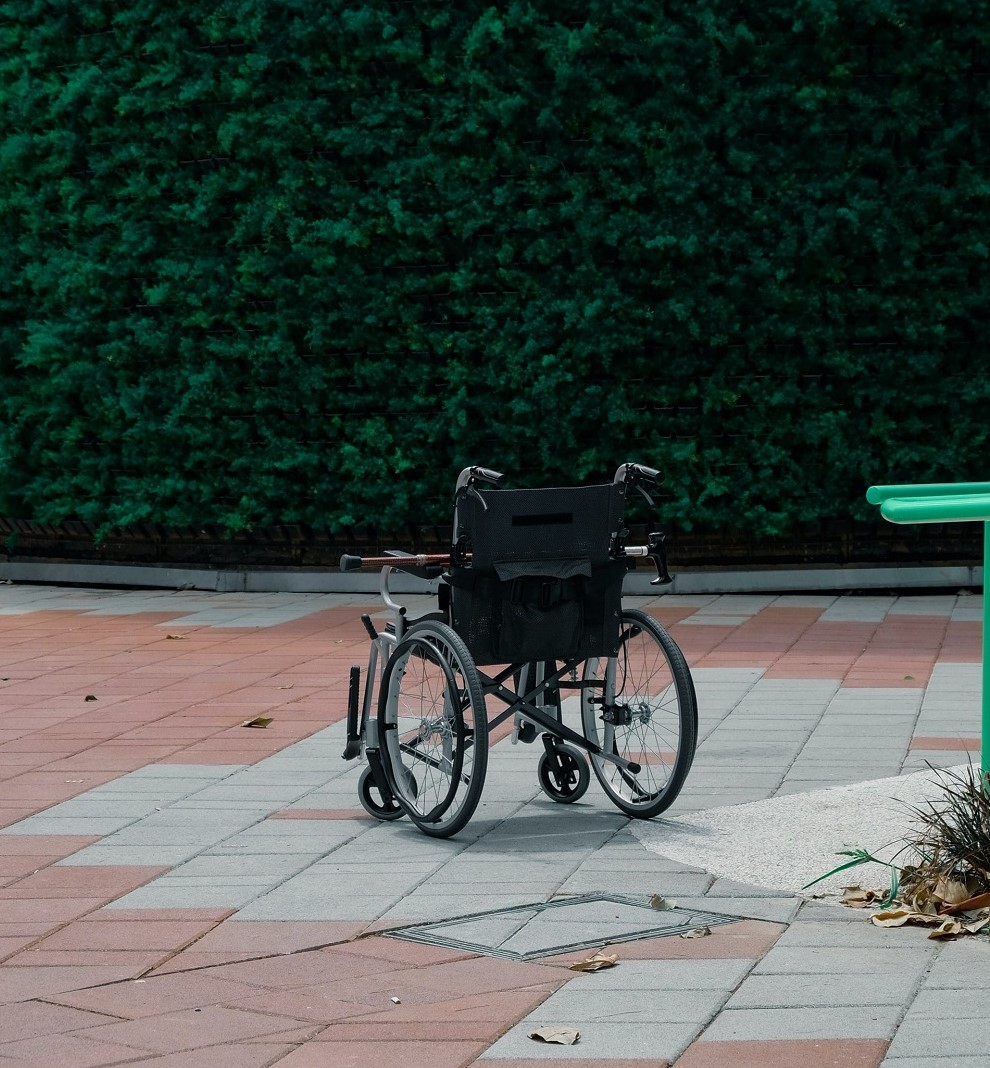Why disabled women are more susceptible to abuse
By Kayla Empey
Posted on August 6, 2021
This article contains descriptions of ableism and abuse
Women with disabilities experience forms of abuse that those without disabilities are not likely to. Their intersectional identity of being both a woman and a person with a disability makes the risk of violence towards them much higher.

The World Health Organization defines disability as “an umbrella term, covering impairments, activity limitations, and participation restrictions. An impairment is a problem in body function or structure; an activity limitation is a difficulty encountered by an individual in executing a task or action; while a participation restriction is a problem experienced by an individual in involvement in life situations.”
60 per cent of women with disabilities experience a form of violence over the course of their adult lives, which makes them two to three times more likely to experience abuse than women without disabilities.
Disabled women can experience violence in the forms of neglect, physical abuse, sexual abuse, emotional abuse and financial exploitation. More than half of women with activity limitations reported being a victim of more than one violent crime in the past year. Women with disabilities are four times more likely to have experienced a sexual assault than women without disabilities.
This abuse can be inflicted by a range of people: personal attendants, health care providers, strangers, partners or family members.
Some of the reasons why women with disabilities may experience violence at a higher rate are:
Society’s views on women with disabilities
Social stereotypes paint women with disabilities as weak or inferior, and this plays a big role in the rate of domestic violence experienced. They are often dehumanized, isolated or treated like children because they are seen as less capable, which increases their vulnerability to violence.
Society in many ways also tries to control women with disabilities through means of institutionalization or sterilization. This makes them highly susceptible to institutional violence, such as being prevented from using a wheelchair, cane or assistive devices they require. There is also the misguided societal notion that women need to be obedient to receive care, which can force women who are being abused to stay in abusive situations for long periods of time because they are afraid to speak up or are silenced.
Less likely to report or be believed
Women with disabilities are less likely to report abuse than men with disabilities. 39 per cent of women who have reported abuse say that they are very dissatisfied with police response. It is common for the authorities not to take appropriate action to reports of gender-based violence against women with disabilities, and instead discriminate against the woman, request institutionalization for the woman, or cause the woman to lose support systems that are in place for her. It is also common for women with disabilities to fear that they will not be believed or seen as credible because of their condition.
Furthermore, when an act of violence is done by family members, friends or personal assistants of the victim, it is often considered an issue that should be addressed by the social service system rather than the criminal justice system.
When a woman with a disability experiences domestic violence, they may be afraid to leave the abuser because they depend on the emotional, financial or physical help their partner provides. It is also common for the victim to worry about losing custody of their children if they are seen as unfit to take care of their children.
More difficult to escape
It can be difficult for women with disabilities to escape gender-based violence for a number of reasons. This includes lack of information about services, fear of losing security or their housing, fear of being institutionalized, difficulty accessing transportation or difficulty making contact with shelters.

Lack of accessibility in shelters is a large contributing factor for women with a disability being stuck in abusive situations. Only one in ten women with disabilities say they got the support they needed at a women’s shelter or transition house, according to the Disabled Women’s Network of Canada (DAWN).
DAWN also reports that about one-quarter of shelters provide text-based telecommunications equipment for the hearing impaired. 17 per cent provide large print materials for the visually impaired, and 17 per cent provide sign language or interpretation services and five percent provide braille reading materials. Often, accessibility is only thought of in terms of making spaces wheelchair accessible, so many shelters lack the ability to accommodate those with other disabilities.
Women who have a disability and are Indigenous or from rural communities may lack information about services to help with preventing or responding to violence. The process of leaving a domestic abuser could also be slower for women in these areas if they are in need of housing or care. Overall, there are a number of reasons why women with disabilities experience gender-based violence at such a high rate. This includes social stereotypes that paint women with disabilities as weak, the way they are controlled and that they are less likely to report abuse because of how authorities handle incidents of gender-based violence against them. Some women with disabilities may also rely on their abuser for support or lack information and resources to leave the situation. Many shelters are not adequately equipped to accommodate those with disabilities, making it difficult for women to escape.
If you or someone you know is a victim of gender-based violence, it is important to reach out for help as soon as possible.
If you are in immediate danger, call 911. Otherwise, visit Ending Violence Association of Canada’s website for more crisis and help lines available in your province or territory.

